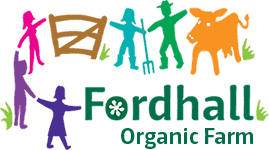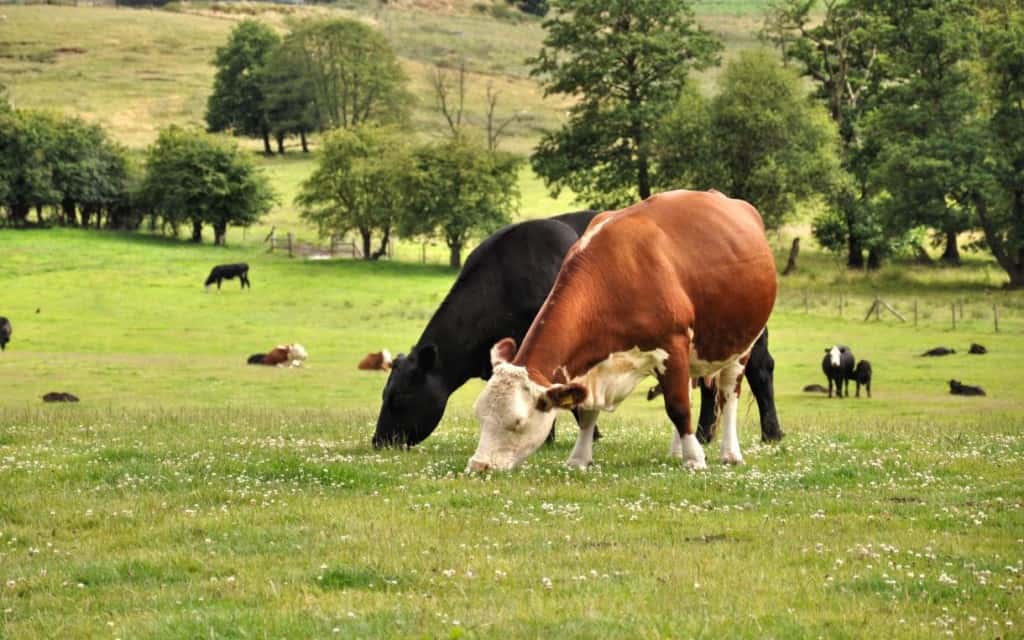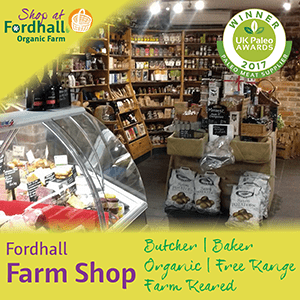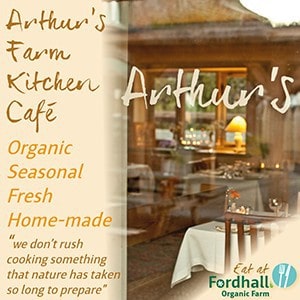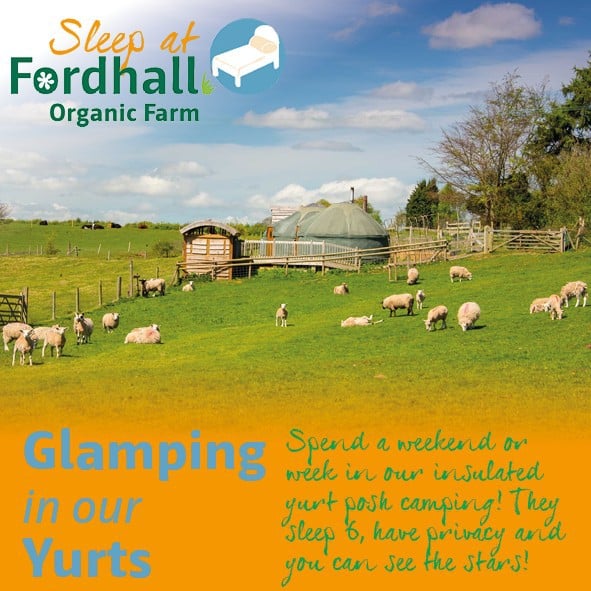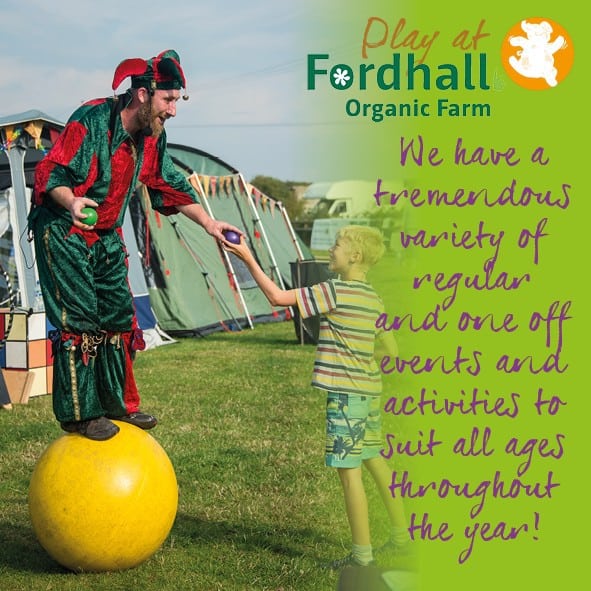Hi, my name is Ben Hollins and I am the tenant farmer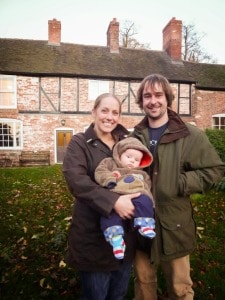
Our pastures, including our cows and sheep, are all fully certified organic with the Soil Association. These principles include high standards of animal welfare, low levels of environmental pollution, prohibition of genetically modified food, enhancement of the landscape and wildlife habitats, and – most importantly – soil management, which maintains soil health and does not involve the use of chemical fertilisers and sprays. We love our soil microbes – they are our hidden factory of workers!
My livestock is 100% free-range. They graze species-rich organic (chemical free and registered with the Soil Association) pastures all year round. We are also registered with the Pasture-Fed Association to be able to formally carry the pasture-fed logo.
PASTURE-FED ANGUS COWS
The Organic Suckler Herd
Our outdoor reared cattle graze on our organic pastures through winter and summer with no additional grains (otherwise known as Foggage Farming). All Herefords and Aberdeen Angus, our traditional herd is hardy and accustomed to living outdoors. They have thick coats to cope with winter weather and all are registered organic with the Soil Association.
In the winter months we supplement their diet with haylage. This is a cut of hay which has been baled before it gets too dry and mature, so it retains a little more nutrition. We will also house our calves for their first winter in an open barn, to provide them with a little more shelter. They remain 100% pasture-fed (fed ample haylage) and this shelter helps to ease them into life in the fields, as the next year, they will be out with the rest of the herd.
We rear all our own beef from birth to death and we even have our own pedigree Aberdeen Angus Bull, so no need for artificial insemination!
Our cattle calve in the spring (April onwards) and are on the farm for you to see when you visit our free farm trails. This means there is plenty of fresh nutritious grass around for our mothers to provide plenty of milk for their hungry calves. We have recently acquired some pedigree Aberdeen Angus and pedigree Hereford cattle, which are the backbone of the new suckler herd.
We do not use routine antibiotics or growth hormones. Neither do we feed additional concentrates through the winter. I have continued my father’s legacy to farm as close to the natural lifestyle of the animal as possible. This means the animals mature slower than in conventional systems, but they are happier and produce a flavoursome and tender meat at the end of it.
For more information on organic standards see www.soilassociation.org.
How it works for our animals
With no added fertilisers, no routine antibiotics or hormones, and no other animal feeds, our cattle grow and mature stress-free as they would naturally.
The elimination of dry feed from the diet is just one example of how Fordhall’s herd is set apart from the conventional. By maintaining a fresh grass-fed diet our cattle experience no major dietary changes (as those which may occur when housed, and dry-fed cattle are returned to fresh pastures in the spring).
Omega Three
A wholly grass-fed diet has been proven to increase concentrations of the Essential Fatty Acids Omega 3 and Conjugated Linoleic Acid (CLA) in beef, in comparison to grain-fed cattle. These fatty acids, which also occur in oily fish, play an essential role in metabolism (chemical changes which take place in our bodies to utilise food and eliminate waste materials) and have been proven to:
- play an essential role in the prevention of coronary heart disease and high blood pressure.
- reduce the risk of depression and ADHD (Attention Deficit Hyperactivity Disorder).
- help prevent cancer and degenerative illnesses in the walls of arteries.
- enhance growth promotion and reduce body fat.
These fatty acids are called essential, as the body cannot produce them and so they have to be consumed in food.
Please note: Although our cattle are registered with the Soil Association and reared to their organic standards, we are not able to label our beef as organic as we currently do not use a registered organic abattoir. We try to minimise the journey our animals take to the abattoir which instead means using the one most local to us. As a result, although our cattle are all organically reared, we cannot label the beef itself as organic.
PASTURE-FED SHEEP
Our lambs, like the cattle, live entirely off our traditional organic (chemical-free) pastures. Our natural woodlands provide all the shelter they could need and our spring-fed pools have a ready supply of fresh water. Rotation of these lush pastures also helps to protect them from health problems and so veterinary intervention is only used in a rare emergency. All of our sheep are registered organic with the Soil Association.
Our breeding flock of sheep also live out on our pastures year-round. As well as receiving ample haylage during the winter months, their diet is supplemented (generally if we have a bad winter) with a small amount of organic pellets just before they lamb. It is really important that we ensure our mums have all the vitamins, minerals and nutrients they need for their lambs and themselves to remain healthy, at a time when there is less fresh grass around.
Grazing in synchronisation with the cattle promotes all varieties of grass (both tall and short) to be grazed allowing thick and vigorous growth to continue in our pastures all year round. Our sheep especially relish Sheep’s Fescue, which is rich in saccharine matter.

Our flock of sheep lamb at Fordhall each spring (generally late March, early April). An opportunity to see our lambs up close is often available. Please see our events page for more details or follow us on Facebook.
Pasture-Fed Association. All of our cattle and sheep are registered with the Pasture-Fed Association and accredited as such. This means you receive full traceability and peace of mind when you purchase from Fordhall.
Please note: Although our sheep are registered with the Soil Association and reared to their organic standards, we are not able to label our lamb as organic as we currently do not use a registered organic abattoir. We try to minimise the journey our animals take to the abattoir which instead means using the one most local to us. As a result, although our sheep are all organically reared, we cannot label the lamb itself as organic.
FREE-RANGE GLOUCESTER OLD SPOT PIGS
Fordhall’s pigs live free-range where they enjoy rooting and rummaging amongst the undergrowth. Their feed is supplemented with a GM-free, vegetarian cereal mix (not organic).
Unlike the cattle and sheep, our pigs use a building for shelter. These do not have doors; instead they allow the pigs to wander in and out to the paddocks as they wish. We use purpose built pig arcs, or our old military buildings that still remain on the farm (and are pretty solid, if not pretty).
We rear Gloucester Old Spots crossed pigs. Our traditional Gloucester Old Spot pigs mature slower than the conventional breeds, which allows flavour to build, something that shouldn’t be missed.
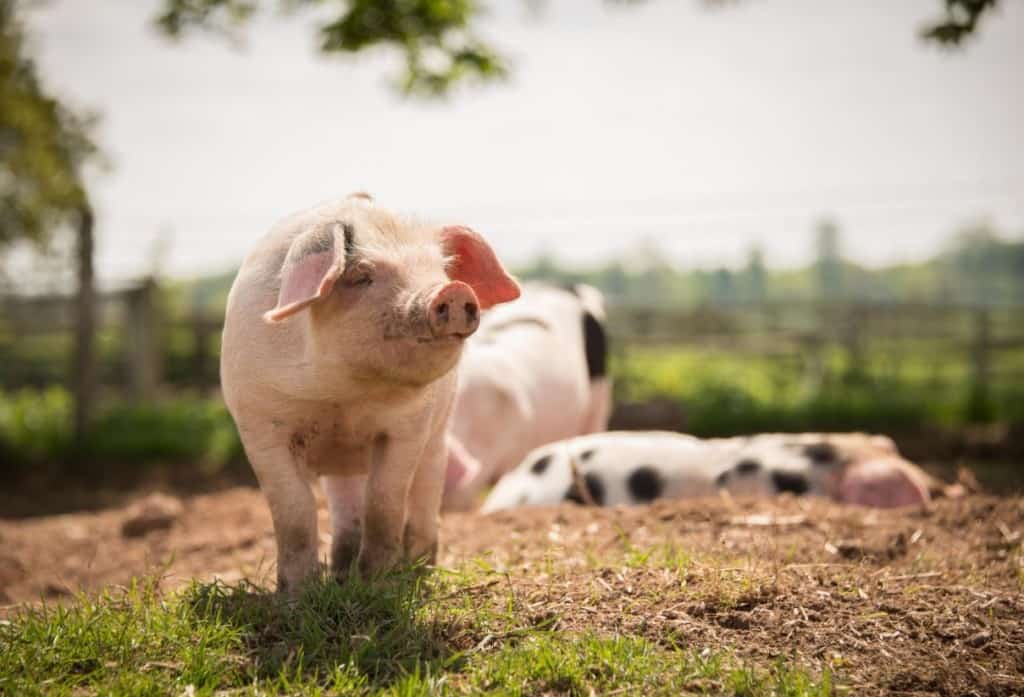
An exciting project for 2011 was the introduction of an orchard to the pig areas. We planted traditional varieties of fruit trees to provide shelter and food for the pigs, organic matter for the soil and maybe (one day) even some spare fruit for us! This is an evolving project, as we experiment with fencing off the trees from the rooting pigs!
Our pigs live next to our picnic area as everyone seems to love watching the pigs. If you’re lucky you may see some piglets too.
